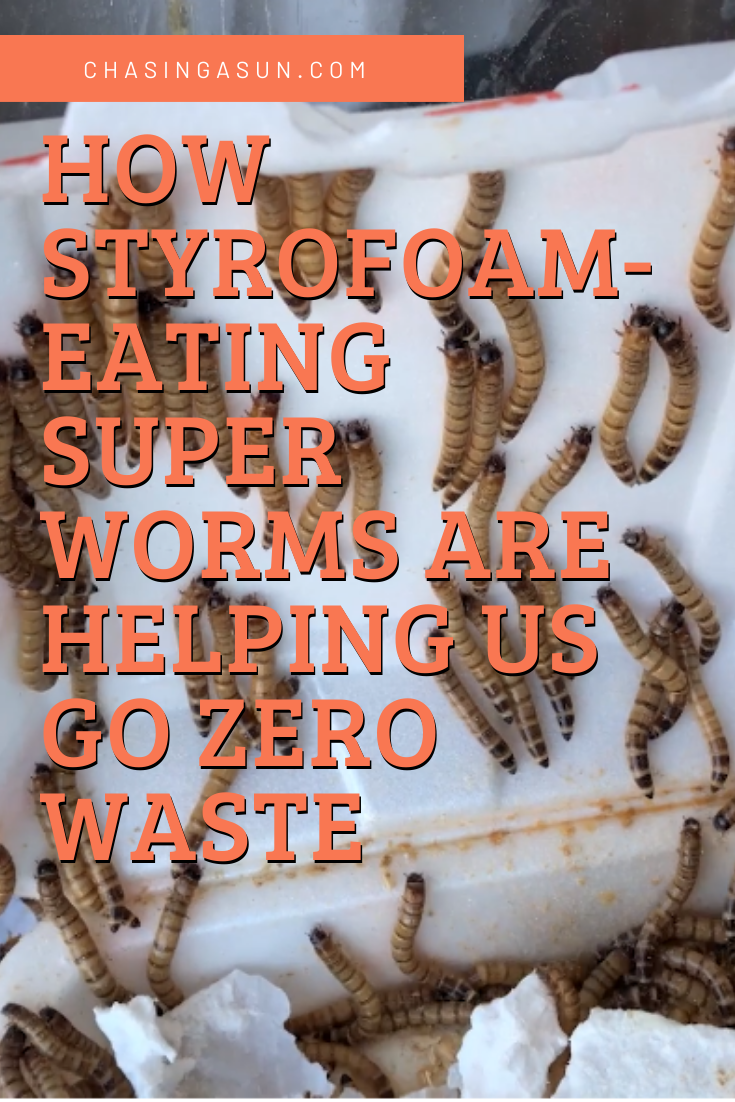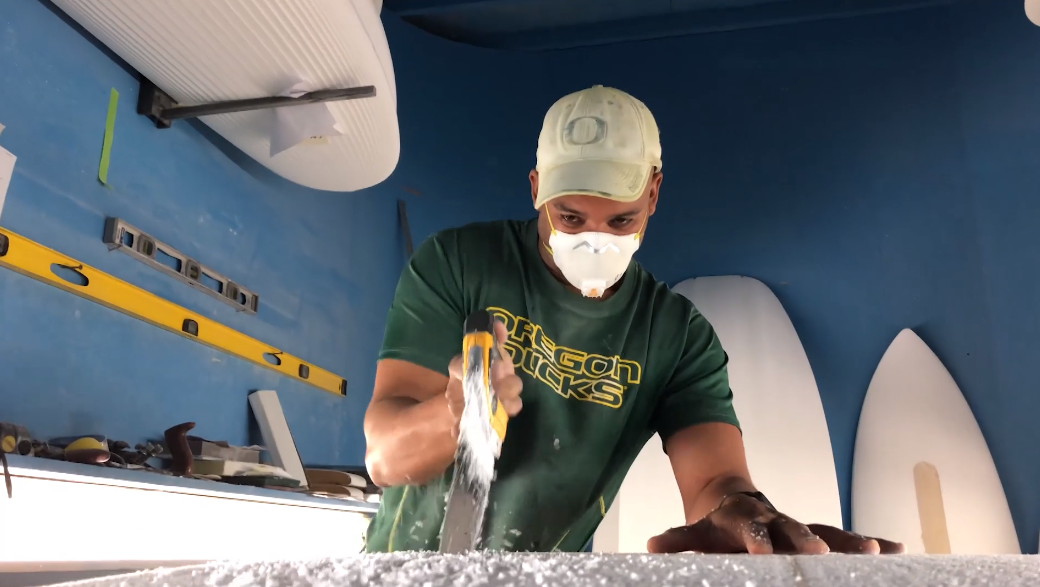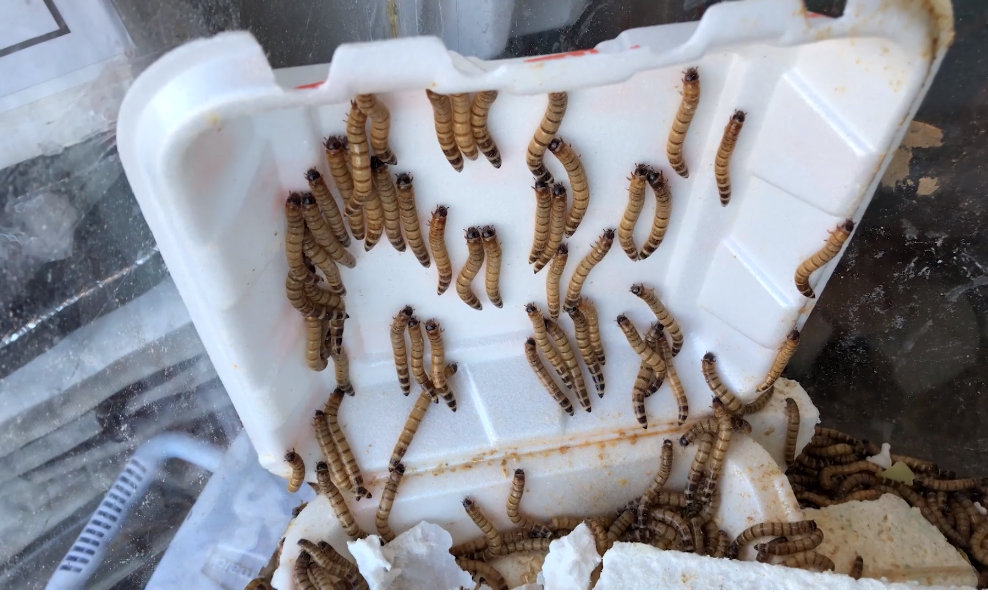How Styrofoam-eating Super Worms are Helping Us Go Zero Waste
Did you know the world produces more than 14 million US tons of polystyrene (also known as plastic foam) each year? In fact, Americans alone throw away around 25 billion Styrofoam cups every year. And by volume, Styrofoam products fill up to 25-30% of all the landfill space around the world!
Styrofoam-eating super worms may sound like a science fiction movie, but for one local surfboard shaper, it’s the secret component for his quest to go completely zero waste in the manufacturing process. How do they do it? The worms, which are actually beetle larvae, have a unique gut bacteria that enables them to eat styrofoam and turn it back into organic material.
An Oregon native, Ryan never grew up around the surf culture. But when he moved to LA after college, he fell in love with the sport and the ocean.
From using bio resin to repurposing old boards, Ryan decided he wanted to create zero trash in his supply chain early on. Generally, if a short board weighs 5 lbs, there will be 5 lbs of trash created for that one board. His company Earth Technologies is the first to take every little piece of waste and categorize, reuse, repurpose, or upcycle waste into new products like coaster and handplanes.
Green innovator Eddy Garcia of Regenerative Education Centers, Inc. is the man behind the worms. He says,
“In a small space about the size of Ryan’s surfboard factory, you could take one surfboard and 50,000 worms, you can eat a giant SUP board in about a week. Break it right back down into powder and the rest of that process with the board takes about 6 months for all the other little creatures and everything to eat it.”
Both Eddy and Ryan want to emphasize that this is a pilot project and the first of its kind and they don’t want the enthusiasm to get ahead of the facts. The worms still excrete some Styrofoam bits so it has to be processed with other creatures to fully break down into potting soil. They want to scale up, but they need help and funding to do so. They are asking the public to help create the first polystyrene composting facility in the world.
Click on the link to learn more on how you can donate and support their endeavor: Styrofoam Eating Worms Project.



